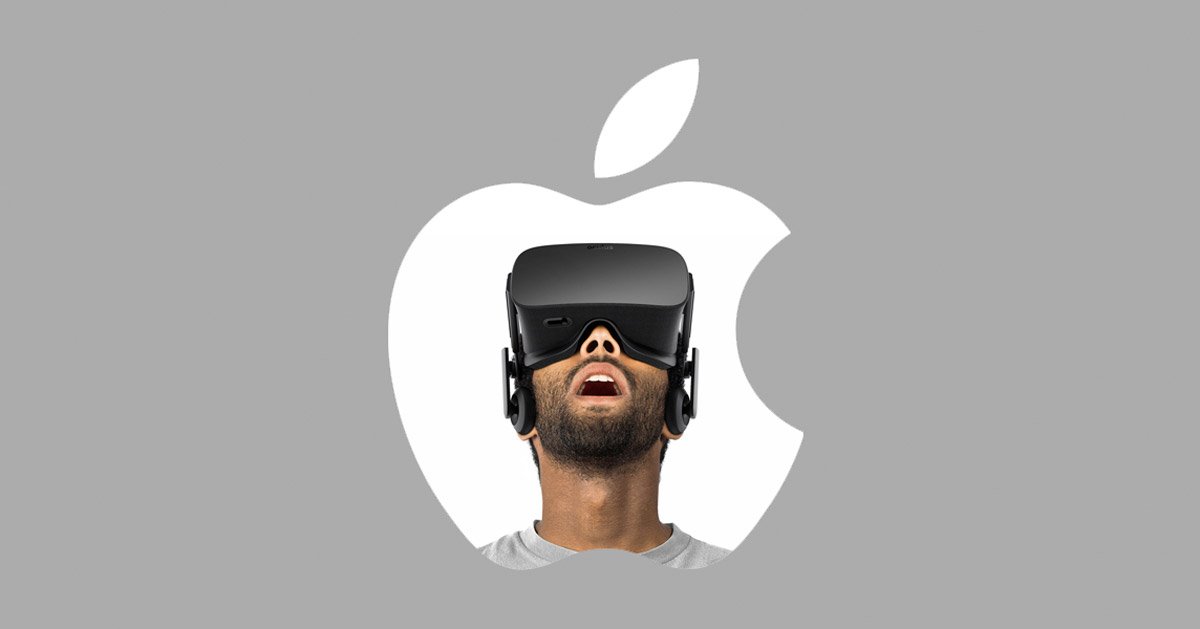As we move further into 2024, the giants of tech, Apple and Meta, remain steadfast in their belief that virtual reality (VR) holds the key to future technological advancements. Despite a market that has been slow to embrace VR fully, these companies are doubling down on their investments, signaling a clear commitment to developing this technology.
The Market’s Current Landscape
The VR market has witnessed significant growth, reaching a valuation of nearly $60 billion in 2022, with predictions of continued expansion at a compound annual growth rate of 27.5% through 2030. This growth is primarily fueled by advancements in VR applications across various sectors, including social interactions, healthcare, and enterprise solutions.
Apple and Meta’s Stakes in VR
Apple’s launch of the Vision Pro and Meta’s release of Quest 3 mark significant milestones in their VR journey. These products are pivotal to their strategy of reinvigorating the VR market. The Vision Pro, priced at a premium, aims to establish a high-end market akin to Apple’s other products like the iPad and Apple Watch, which dominated their respective categories upon release.
Conversely, Meta continues to capture a substantial share of the VR hardware market, with its Quest series making up a significant portion of the VR devices in use. Despite this, the company has faced financial losses in its VR division, highlighting the challenges in achieving profitability in this sector.
Challenges and Opportunities
One of the main hurdles facing VR adoption is the lack of compelling content that can draw in a broader audience. While there are notable VR titles and experiences, the absence of a consistent stream of high-quality content has hindered wider consumer adoption. However, there’s potential for growth in various applications of VR technology, particularly in fields like education, where immersive learning can offer significant benefits over traditional methods.
The Future of VR
Looking ahead, both Apple and Meta are poised to play crucial roles in defining the direction of VR technology. Their ability to innovate and integrate VR with other technological advancements, such as artificial intelligence and augmented reality, will be critical in overcoming current limitations and enhancing user engagement.
Despite the slow uptake, the commitment of these tech titans to VR suggests a strong belief in its potential. As they continue to develop and refine their VR offerings, the industry may yet see the kind of revolutionary impact that smartphones had in the past decade.
While it’s clear that VR hasn’t yet reached its zenith, the sustained investment by industry leaders like Apple and Meta indicates that VR remains a crucial part of the future tech landscape. With ongoing advancements and an expanding range of applications, VR still holds the promise to transform how we interact with digital content. As 2024 unfolds, it will be intriguing to see how these developments take shape and whether they can finally push VR into the mainstream.






























